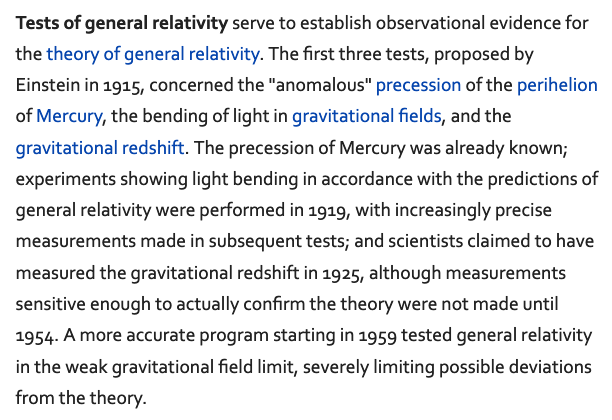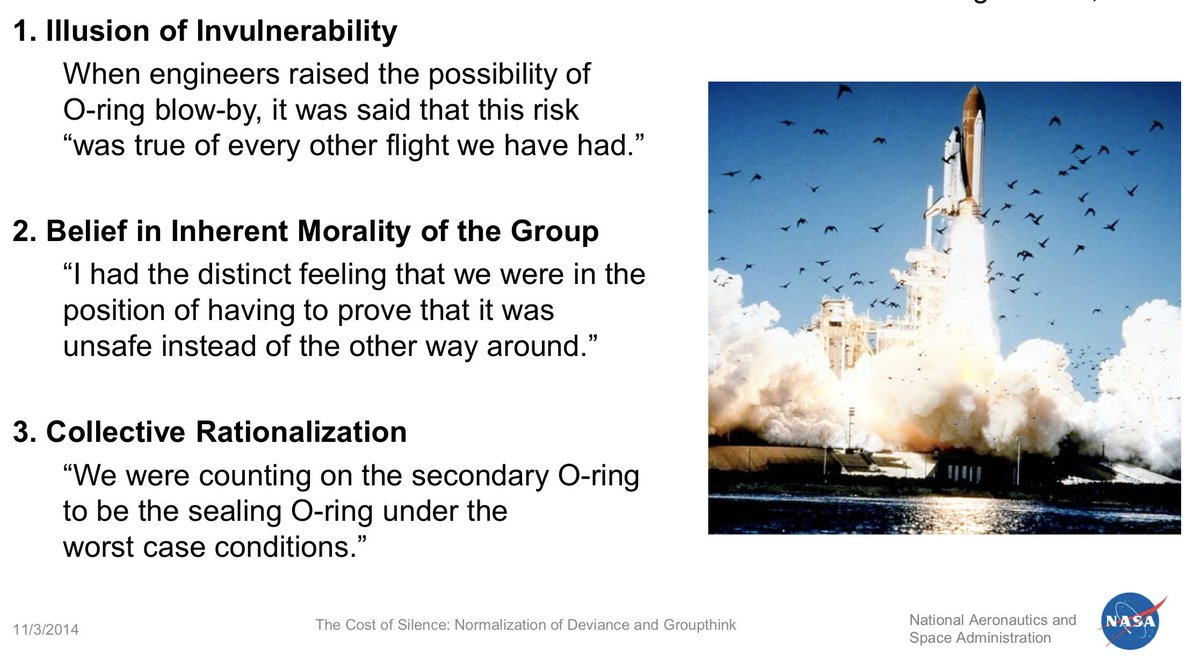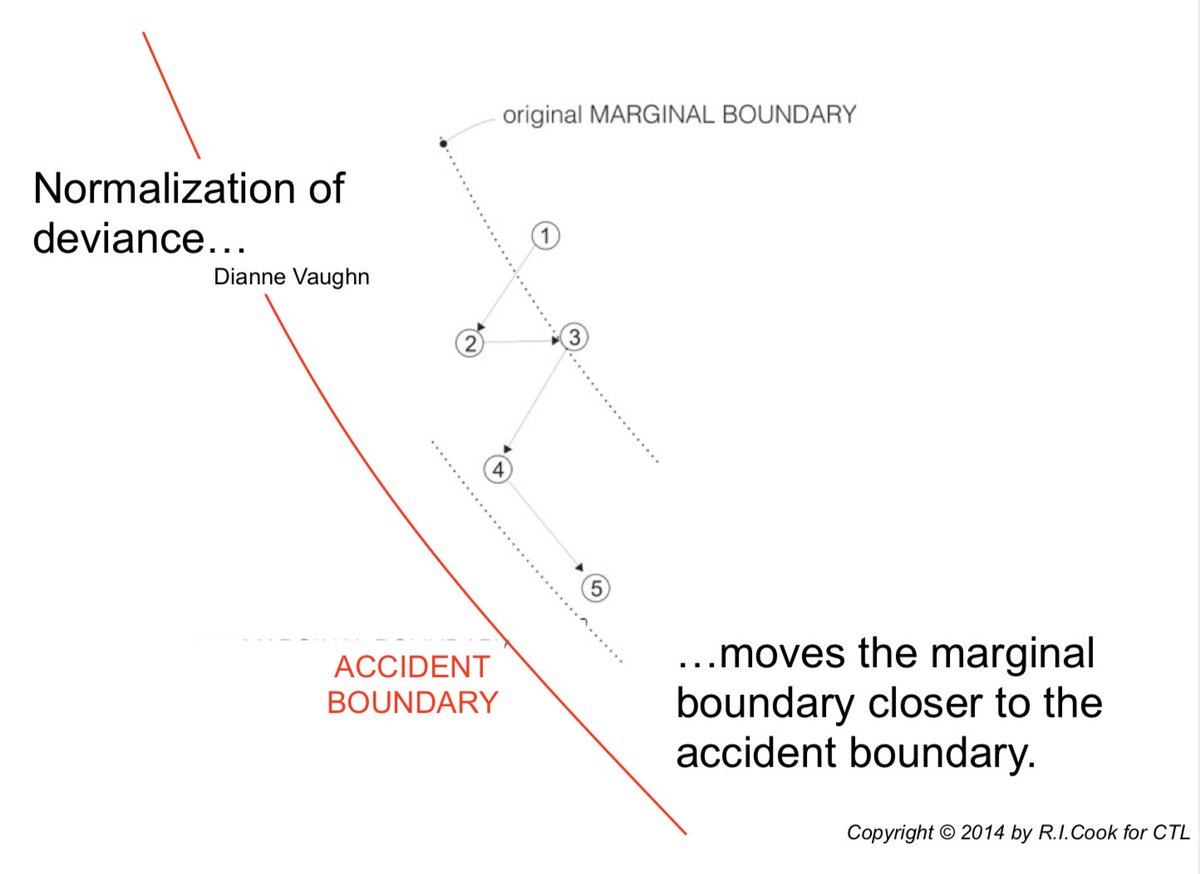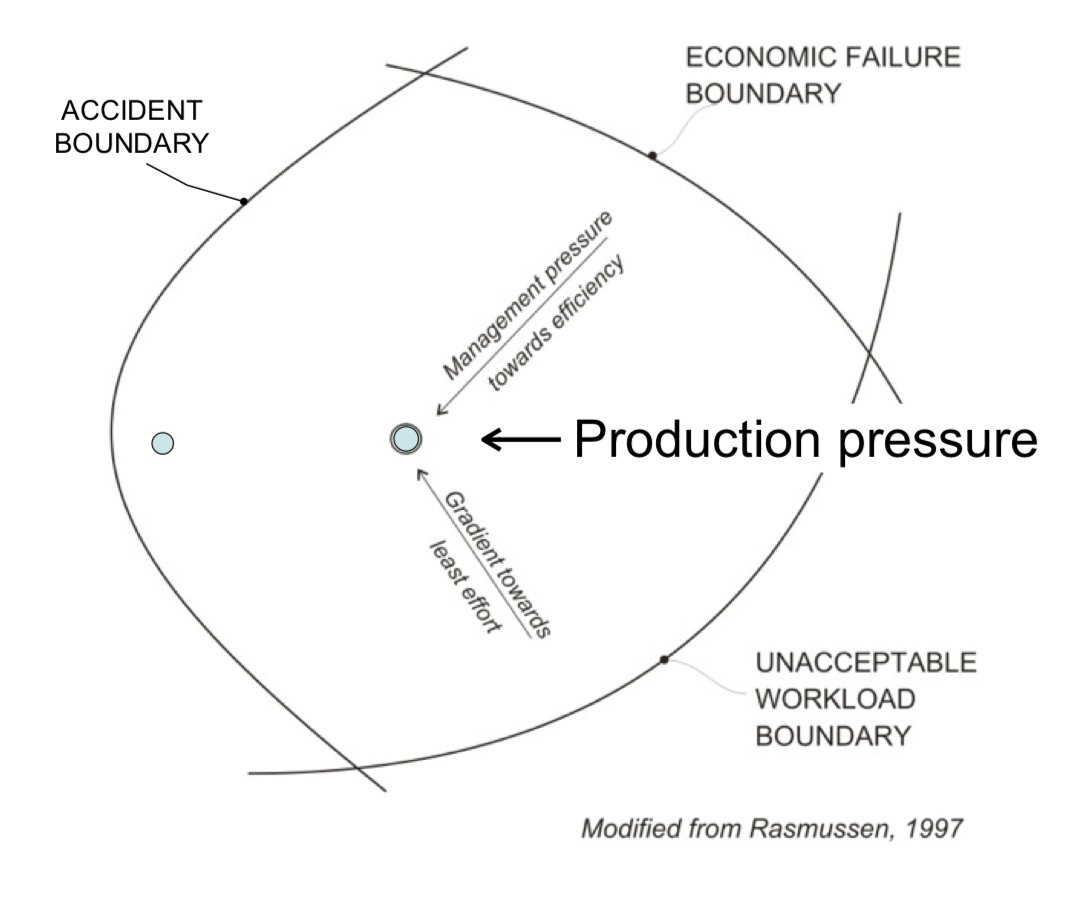This *might* explain why we’re continuing to make progress in “normal science” only.
In this 🧵 @vgr explains some of the reasons that mostly doesn’t work:
But such people are found more often in Silicon Valley than anywhere else, and maybe some successful founder would be willing to take it on for the leverage?










